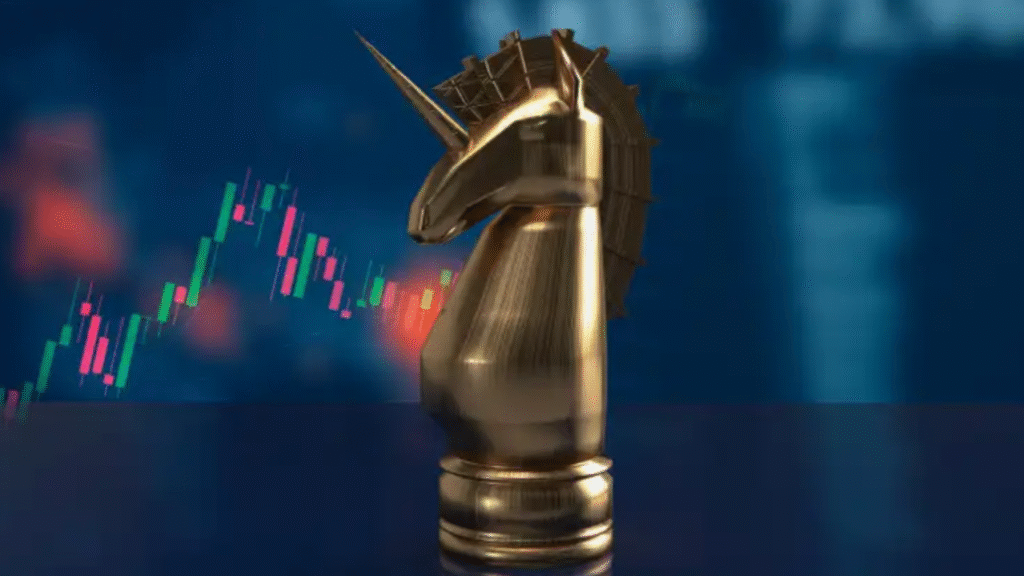
If you’re a doctor aiming for early retirement through biotech investing, let me ask you this: Is short-term trading better than buying and holding for the long term? My experience points to a clear answer. But let me share with you a video on trading. Despite the illusion of sophistication, it’s extremely stressful and can make you lose money that’d put your early retirement back in years.
Video credit: Jay Shrader
I started learning about investing from gurus like Warren Buffett and his mentors (Ben Graham and Philip Fisher). I bought every book I could find on them and studied hard. Some, like Security Analysis, took several reads to sink in since I was new to investing back then.
In medical school, my friends and I formed an investment club—just a casual group that met when we could to dive into biotech stocks. We were fascinated by binary events, like FDA approvals or major data releases, which could double a stock’s price overnight. The potential was thrilling.
One evening at my friend Fanta’s house (a chemistry student who introduced me to a Vietnamese PhD student), we discussed Jazz Pharmaceuticals (JAZZ). A quick note: I typically avoid naming stocks at Evergrowth BioHealthcare Capital due to compliance, but we don’t hold JAZZ, and it perfectly illustrates my point.
In February 2009, JAZZ traded at about $1. The company, a psychiatric medicine innovator, had FDA approval for Xyrem (sodium oxybate) for narcolepsy-related cataplexy since 2002 and was expecting a label expansion in 2010. We bought in, and within months, the stock doubled. As amateurs, we sold at 100% profit, thinking we’d nailed it. Big mistake. By 2013, JAZZ soared past $100—a 10,000% return we missed by not thinking long-term.
The lesson? NASDAQ is full of young, growth-oriented biotech stocks like JAZZ. Most won’t perform like that, but you only need a few winners to build a portfolio that outperforms the market. Short-term trading won’t unlock those multi-fold gains. You need a long-term mindset, like planting trees for a future harvest.
Nowadays, when I’m tempted by short-term trades, I think back to JAZZ. At our young biotech hedge fund (Evergrowth), we focus on small-cap biotechs ($250M–$2B market cap) for their potential to deliver big returns over a few years. JAZZ, now a $7B mid-cap, doesn’t fit our strategy, but its story keeps me focused.
So, my fellow doctors, as you plan for financial independence, ask yourself: Are you chasing quick profits or planting seeds for massive returns? In biotech, long-term investing is the holy grail to profits.
Dr. Harvey Tran
Follow me on Social Media:
Enjoyed This? Stick Around! Subscribe to my newsletter for more insights on using your MD advantage in biotech investing.

Check out our Fund Presentation and our Skool Community Page.
Disclaimer: This blog is for educational and informational purposes only. It’s not a recommendation to buy, sell, or hold any stock. Always consult your investment advisor and do your due diligence before investing. In working smarter rather than harder, I wrote an initial draft based on my knowledge, experience, and insight. I then leverage AI to put the information together into this presentable format.
More Reads for You:
- The Secret That Wall Street Doesn’t Want You to Know for Retirement
- Exceptional Performance and Holiday Greetings
- Why I Prefer Fundamentals Over Charts: A Physician-Investor’s Perspective on Long-Term Investing
- An Integrated BioSci Investing Approach for Alpha Returns
- Welcoming Dr. Victoria Mondloch to the Evergrowth Medical Advisory Board
- Stop Trading Stocks, Start Owning Businesses






